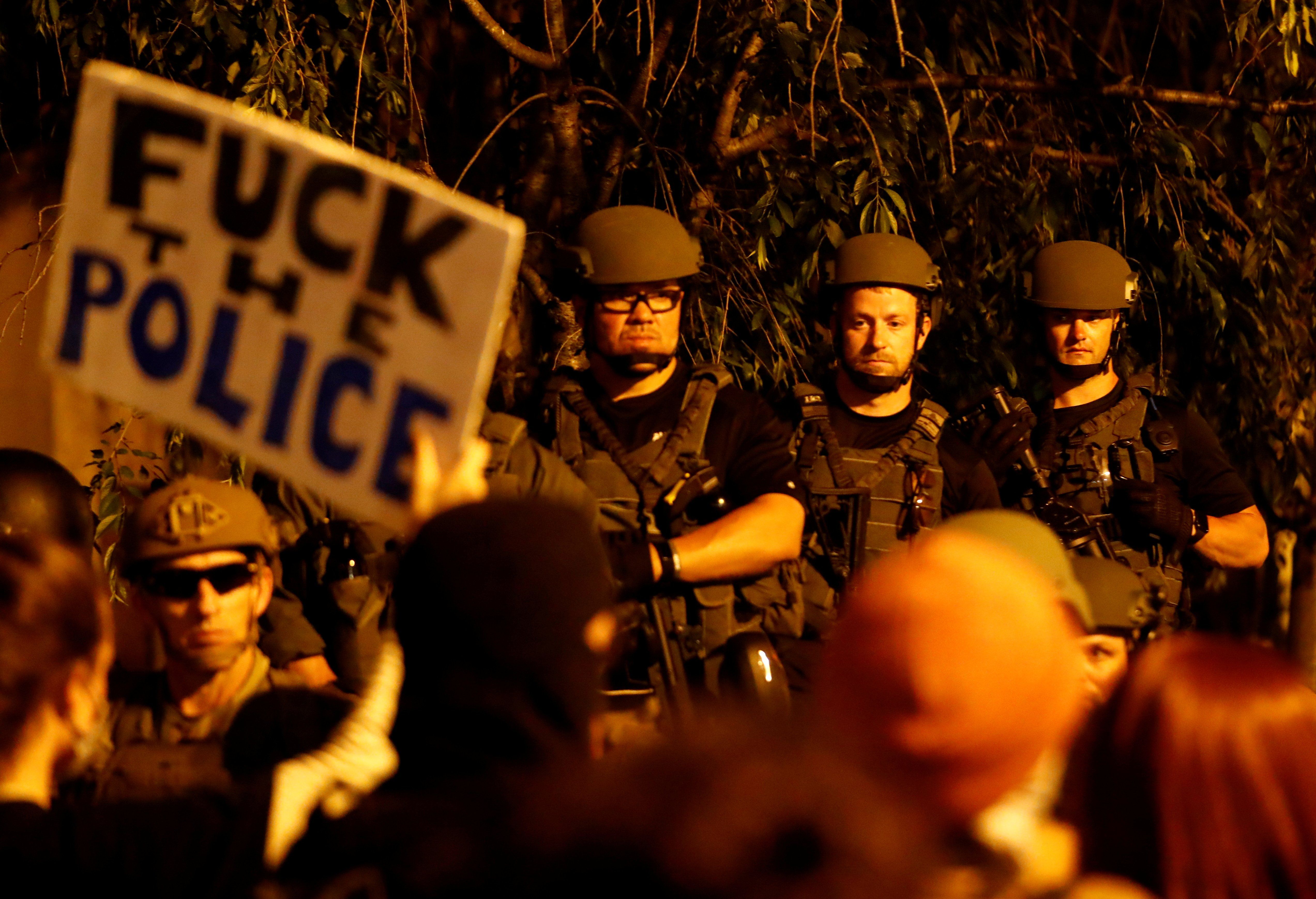80 million: American cities will pay out at least $80 million to settle lawsuits brought by people injured by police during the racial justice protests that roiled the country in the summer of 2020. Experts say the amount — paid to people who were teargassed, shot with projectiles, or beaten — is “unprecedented” in the history of settlements for police brutality.
4,001,455,789: This week marks five years since the EU implemented strict privacy laws known as “GDPR,” which allow governments to fine tech companies for misusing users’ data. So far, EU governments have imposed some €4,001,455,789 ($4,288,860,351) in penalties, according to the research firm Privacy Affairs. The largest was this week’s $1.3 billion fine for Meta.
19: India is so polarized right now that it’s impossible to agree on who should cut the ribbon for the country’s new parliament building. PM Narendra Modi will do the honors this weekend, but 19 opposition parties are boycotting the ceremony. They say Modi is hogging the credit for the hundred million dollar project, which many oppo leaders have already criticized as an unnecessary boondoggle.
75.7: Russia’s invasion of Ukraine ended up being a golden opportunity for the United Arab Emirates. Over the past year – after many western banks and refiners chose to stop handling Russian gold – the Gulf state has imported 75.7 tons of it, nearly
75 times more than they brought in during the year
before the war. The imports, worth over $4 billion, are perfectly legal, and they do not violate US or EU sanctions.
